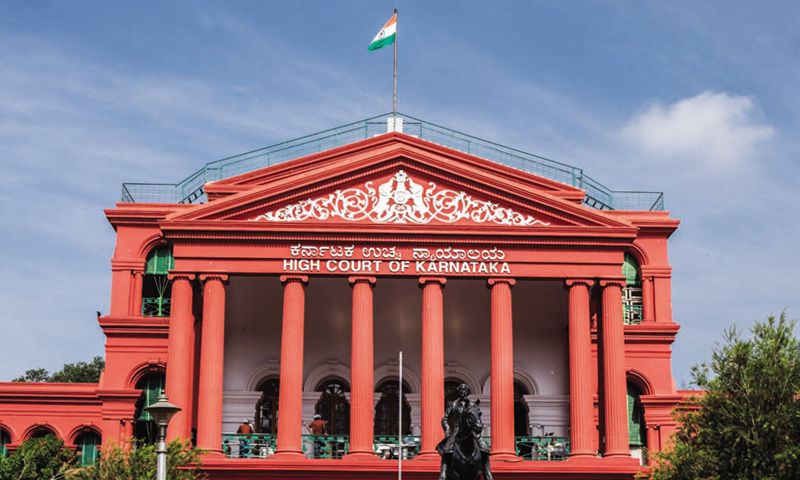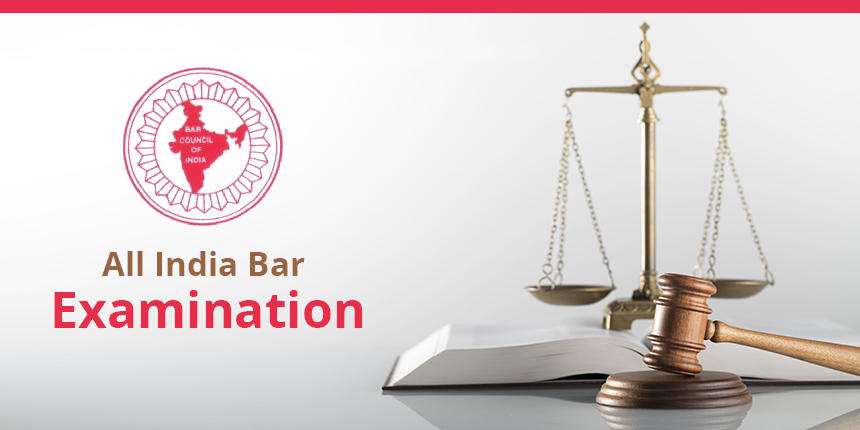
Karnataka High Court Clarifies: Anti-Trafficking Law Targets Exploiters, Not Victims
Last Updated on June 26, 2024 by News Desk
Issue:
The Karnataka High Court recently clarified the scope of India’s anti-trafficking law, emphasizing that the Immoral Traffic (Prevention) Act (ITPA) does not criminalize sex workers or victims of trafficking forced into prostitution.
Rule:
Justice M Nagaprasanna, in a ruling dated June 10, explained that the objective of the ITPA is to penalize those who exploit women or girls through prostitution, not the victims themselves. The Court highlighted that the Act focuses on punishing sexual exploitation for commercial purposes rather than abolishing prostitution or penalizing those coerced into it.
Application:
The Court’s observations came while quashing criminal proceedings against a woman who was booked under the ITPA in 2013. The petitioner was part of a group of girls allegedly forced into prostitution and transported from Udupi to Goa. The authorities intercepted the group, and the petitioner, among others, was charged under Section 5 of the ITPA, which pertains to procuring or inducing a woman or girl for prostitution.
In 2024, the petitioner approached the High Court to quash the case, arguing that she was a victim of trafficking and should not face prosecution. Her counsel contended that prosecuting a victim of prostitution under the ITPA would be a misuse of the law. The State, however, argued that the petitioner could not seek relief ten years after the case was filed and should undergo trial to establish her innocence.
Conclusion:
The Court sided with the petitioner, noting that Section 5 of the ITPA targets those who procure or attempt to procure women or girls for prostitution and does not penalize the victims. The Court emphasized that prosecuting victims under this section would be contrary to the Act’s purpose. Consequently, the Court quashed the proceedings against the petitioner, reiterating that the law’s intent is to punish traffickers and exploiters, not the victims of forced prostitution. Advocate Sri Kumara represented the petitioner, while Additional State Public Prosecutor BN Jagadeesh appeared for the State.
This ruling aligns with a similar observation made by the Bombay High Court, which held that prosecuting sex workers under the ITPA would constitute an abuse of the law. The Karnataka High Court’s decision reinforces the principle that victims of trafficking should be protected, not prosecuted.
Written by — Athi Venkatesh




